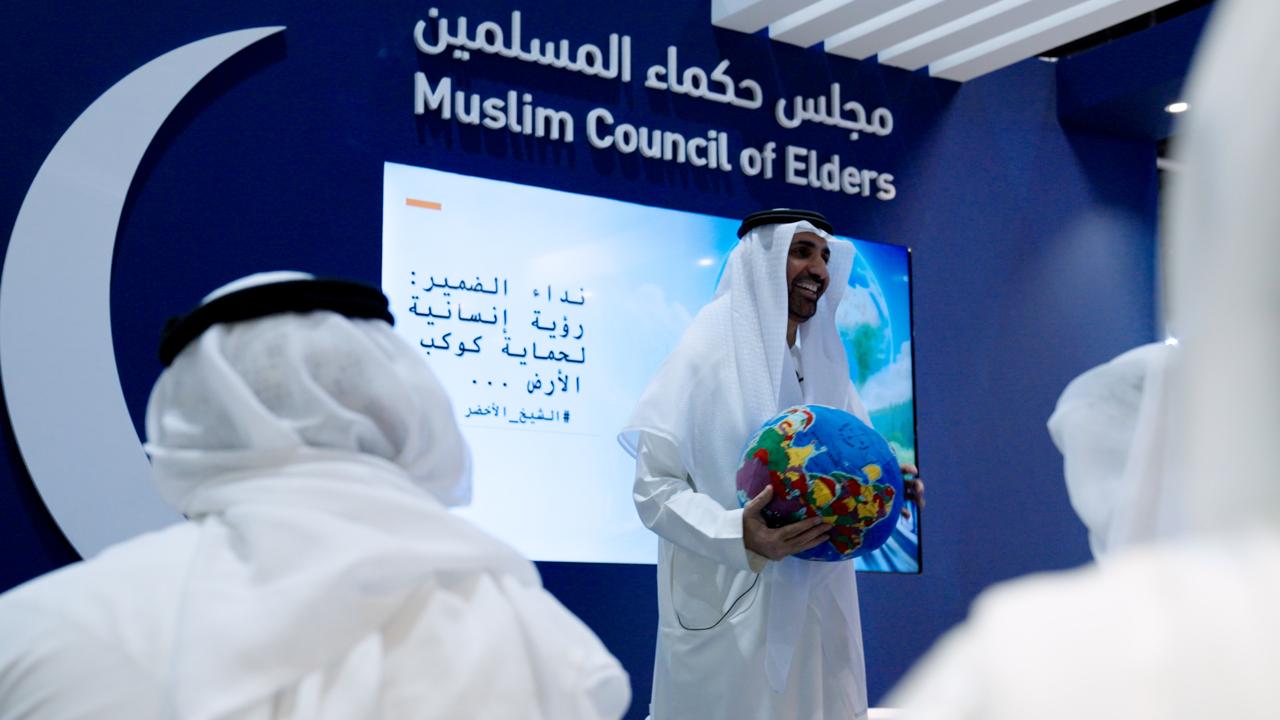The Muslim Council of Elders, chaired by His Eminence Dr. Ahmed El-Tayeb, the Grand Imam of Al-Azhar, has called on the Islamic and Arab worlds to preserve and wholeheartedly embrace the Arabic language as an inseparable component of the Islamic and Arab identities. Stressing the profound significance accorded to Arabic by Allah, the Almighty, the Council has highlighted its role as the eloquent medium for the Holy Quran and the tongue through which divine rules and jurisprudence are conveyed.
In a statement issued on the occasion of World Arabic Language Day on December 18, coinciding with the significant milestone of its declaration as an official language by the United Nations fifty years ago, the Council has emphasized the enduring allure and inherent brilliance ingrained in the Arabic language's lexical eloquence and syntactic richness, describing it as possessing unparalleled depth in meanings and opulence in vocabulary. Furthermore, the Council has highlighted the Arabic language's pivotal role in shaping knowledge, fostering societal transformations, and advancing science and civilization. It has also underscored that it stands as a timeless witness to the rich tapestry of Islamic history, adorned with indelible achievements in diverse sectors such as science, arts, literature, poetry, and beyond.
Recognizing the vital role and importance of the Arabic language in shaping cultures and building bridges that foster communication among humanity, the Council is committed to consolidating the Arabic language's esteemed status through various initiatives and activities. A standout among these initiatives is Dar Al Hokama Publishing, dedicated to releasing distinguished publications that advocate a culture of moderation and correct misconceptions. The publishing house also strives to conduct translations to and from the Arabic language, thereby facilitating the exchange of a broad range of positive experiences and global knowledge.
